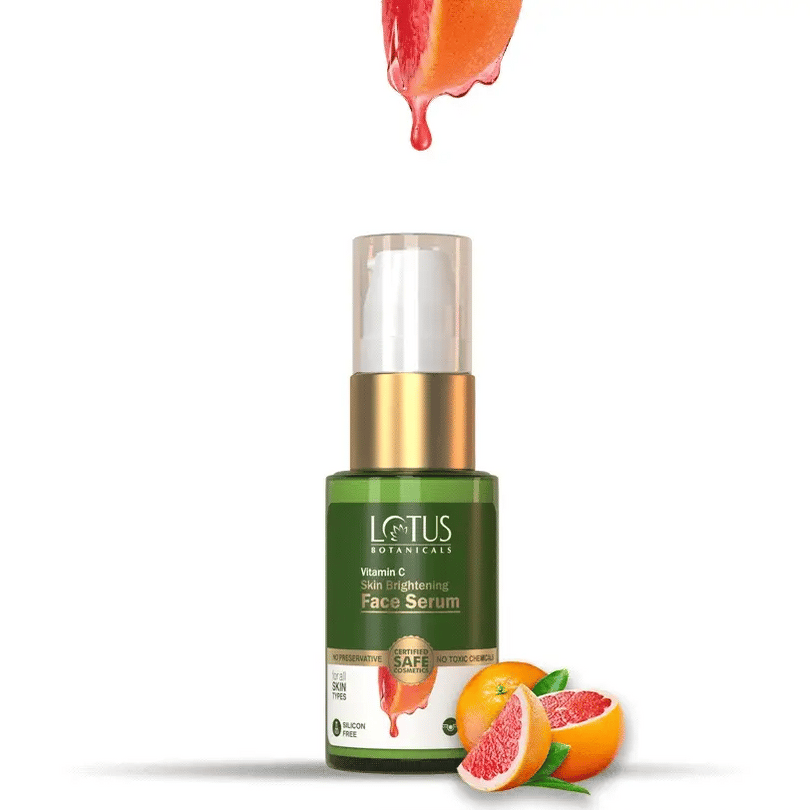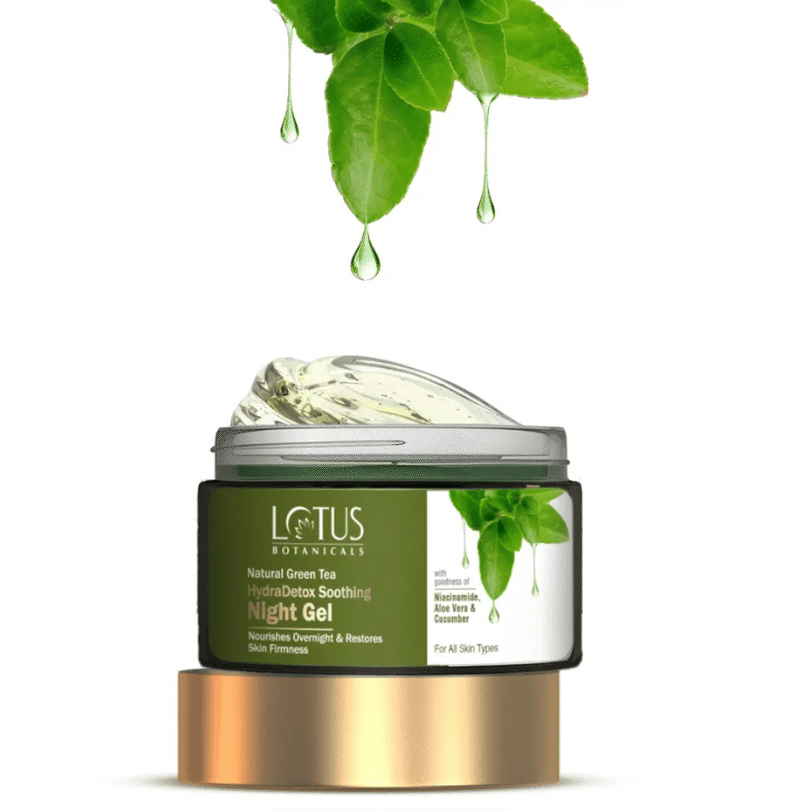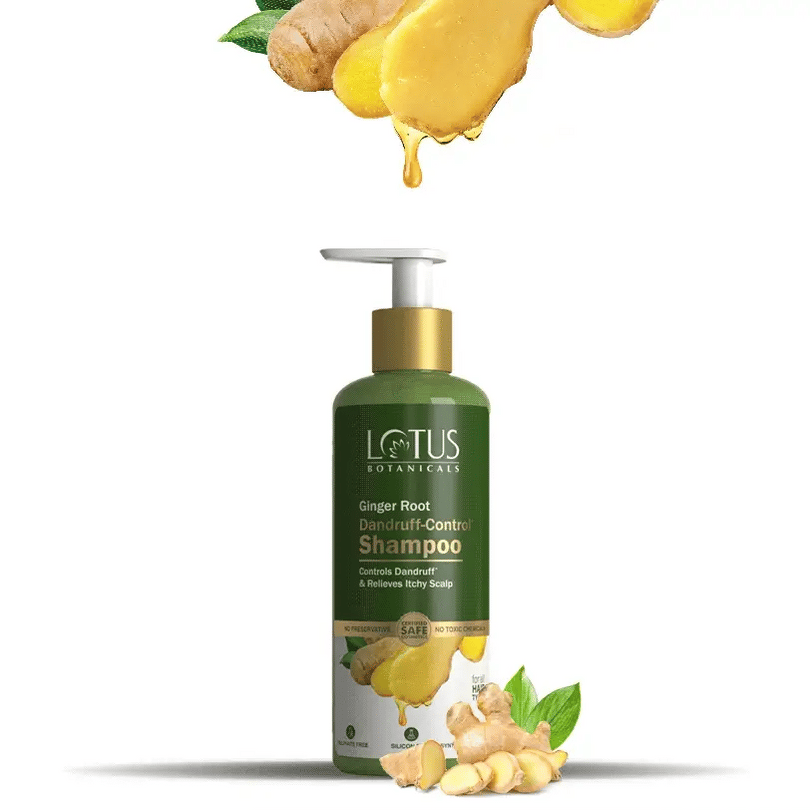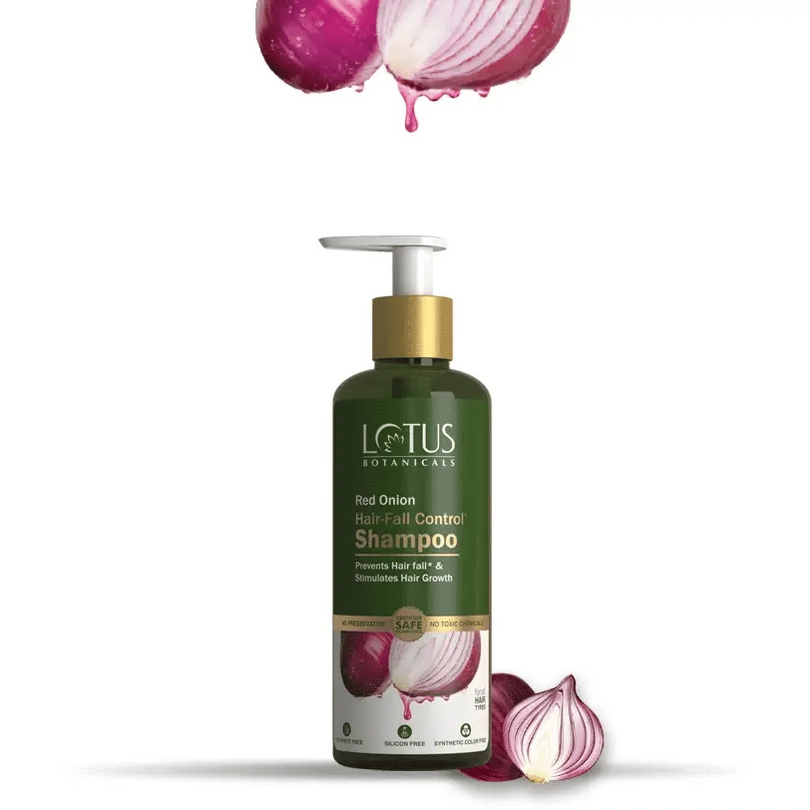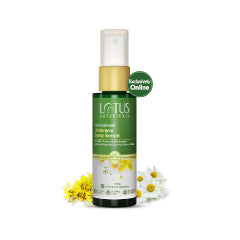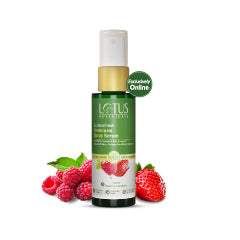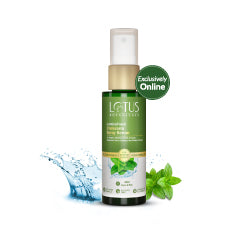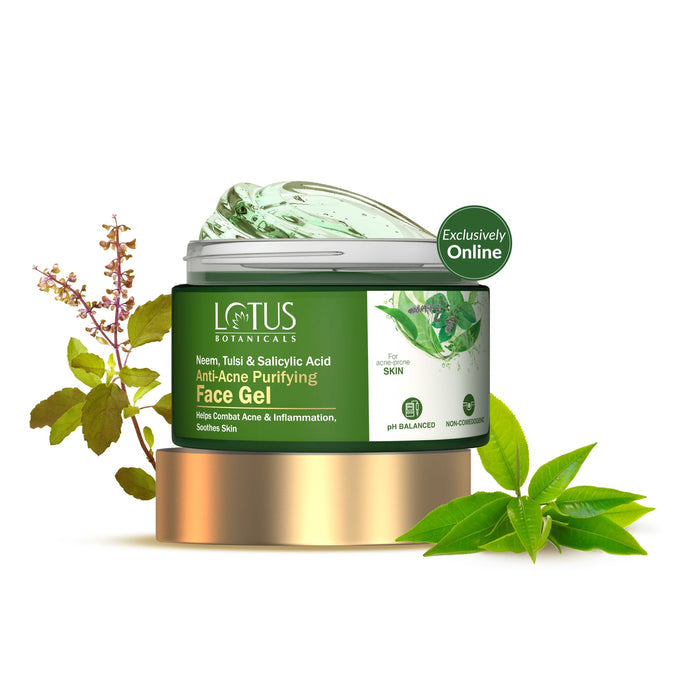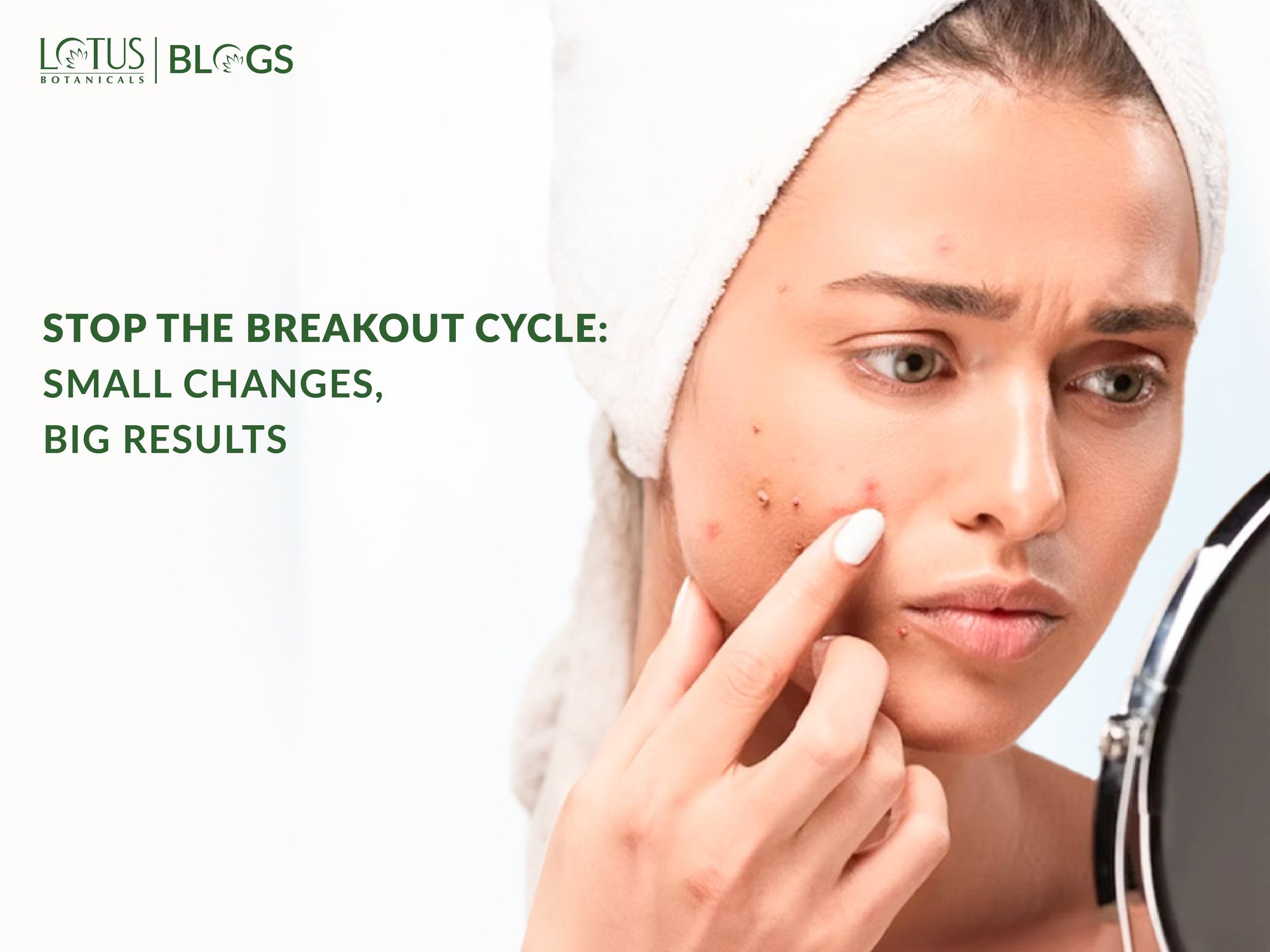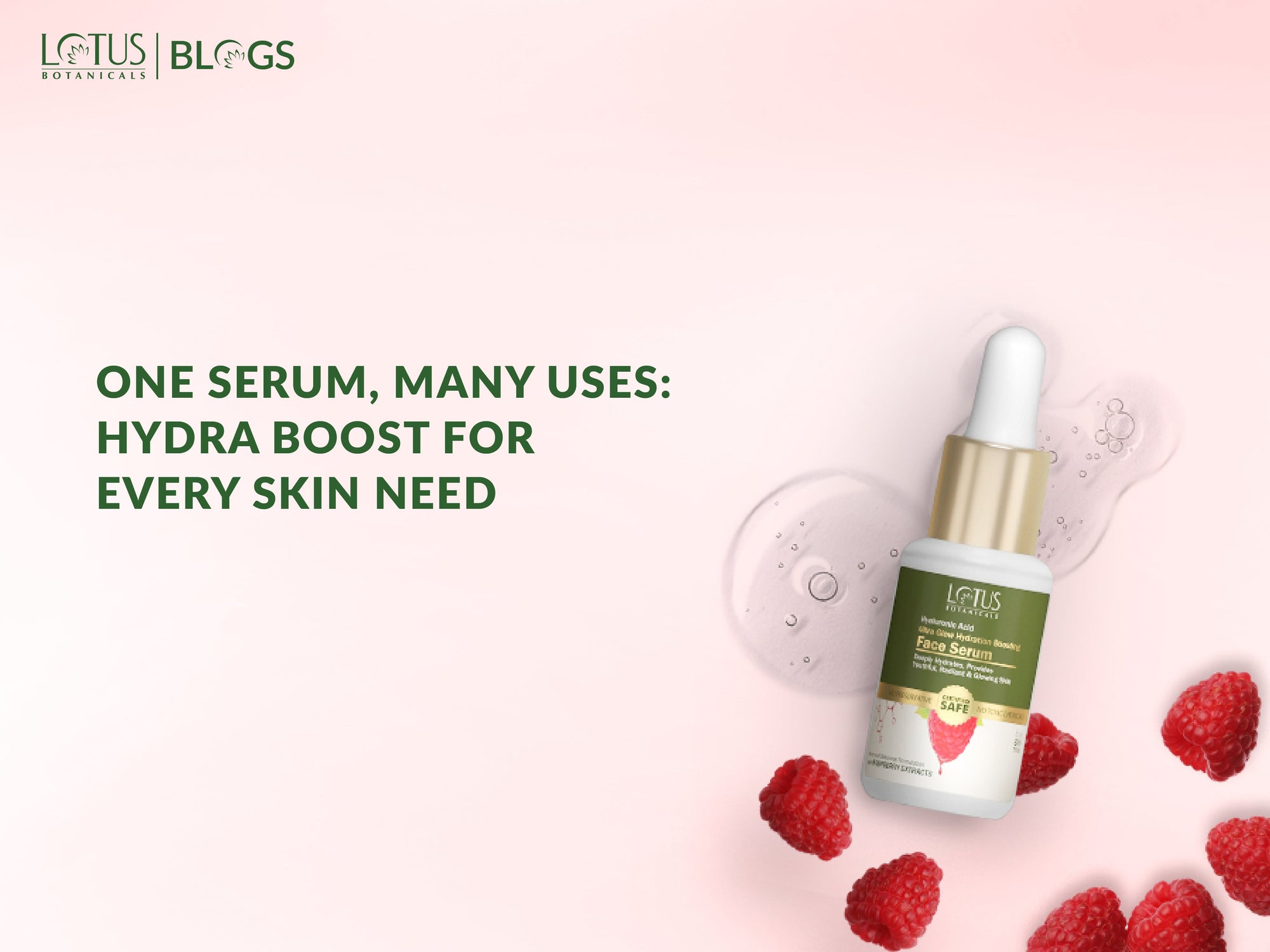
Highlights
-
Skincare Myths
-
The More Expensive the Product, the Better
-
You Don't Need Sunscreen on a Cloudy Day
-
The Harder You Scrub, the Cleaner Your Skin
-
Natural Skincare Products Are Always Safe
-
Oily Skin Doesn't Need Moisturizer
-
Eating Chocolate Causes Acne
Skincare Myths
Why Skincare Myths Persist
In the realm of skincare, myths and misconceptions are as common as cleansers and moisturizers. These myths persist largely due to a blend of historical beliefs, anecdotal evidence, and selective information circulated through social media and advertisements. A significant reason for the endurance of these myths is the universal desire for quick, often magical solutions to complex skin issues. This desire propels the continuous sharing and acceptance of unverified 'quick fixes' that promise miraculous results without scientific backing.
Moreover, the allure of 'natural' and 'chemical-free' solutions in a world increasingly wary of synthetic products fuels many skincare myths. For instance, the belief that lemon juice can clear acne scars or that higher SPF sunscreens deliver exponentially better protection is widespread but misleading. Such misconceptions find a fertile ground in the absence of proper skincare education and literacy among the general public.
The Impact of Myths on Skin Health
The consequences of following unfounded skincare myths can range from ineffective care routines to severe skin damage. Misinformation may lead individuals to use harmful substances on their skin, expecting beneficial outcomes. For example, using baking soda as an exfoliant might seem like a harmless natural alternative but can disrupt the skin's pH balance, leading to irritation and dryness.
Additionally, the belief in quick fixes can divert attention from scientifically proven methods that offer better protection and treatment. This includes underestimating the importance of daily sunscreen application with a minimum SPF 30, which is crucial for preventing skin cancer and premature aging. Misguided practices based on myths not only waste time and resources but also potentially exacerbate skin problems, delaying proper diagnosis and treatment.
Q: Is it safe to use lemon juice on my face for acne?
A: Lemon juice is highly acidic and can disrupt your skin's natural pH balance, leading to irritation and dryness rather than treating acne effectively. It's best to use products formulated for skin care that are pH balanced.
Q: Are higher SPF sunscreens always better?
A: While higher SPF sunscreens do offer more protection against UVB rays, SPF 30 is generally sufficient for daily use if reapplied every two hours or after swimming or sweating. It's crucial to choose broad-spectrum sunscreens that also protect against UVA rays.
Q: Can natural products replace all synthetic skincare products?
A: While natural products can be beneficial and are preferred by some due to fewer side effects, not all synthetic ingredients are harmful. Some synthetic components are highly effective and safe. It's essential to evaluate skincare products based on their ingredients rather than the 'natural' label alone.
Myth 1: The More Expensive the Product, the Better
Analysing Product Ingredients and Effectiveness
One of the fundamental aspects of debunking this myth lies in understanding what really goes into skincare products. The effectiveness of a skincare product is largely dependent on its active ingredients and their concentrations, not necessarily its price tag. For instance, ingredients like hyaluronic acid, retinol, and niacinamide are known for their proven benefits and can be found in products across all price ranges.
It's essential to read and understand product labels. Look for key active ingredients and their order in the ingredient list a higher placement means a higher concentration. This analytical approach helps you assess whether a product is likely to be effective, regardless of its cost. For further insights on ingredients and their benefits, visiting resources like Lotus Botanicals’ Hyaluronic Acid FAQs can be incredibly enlightening.
Moreover, expensive skincare often includes high-end packaging or brand prestige, which adds to the cost without enhancing the product's effectiveness. A study published in the Journal of Dermatological Science revealed that many lower-priced products have similar or even superior formulations compared to their luxury counterparts.
Comparing High-End and Budget-Friendly Skincare
When comparing products, it becomes clear that price does not always dictate quality. For example, many budget-friendly brands use the same core ingredients as luxury brands. The primary difference often lies in branding, marketing, and packaging factors unrelated to skincare efficacy.
To illustrate this, consider creating a simple comparison table of similar products from different price points focusing on key ingredients, their benefits, and product reviews:
|
Product |
Price Range |
Key Ingredients |
User Reviews |
|
Luxury Hydrating Serum |
High |
Hyaluronic Acid, Vitamin C |
4.5/5 |
|
Budget-Friendly Hydration Booster |
Low |
Hyaluronic Acid, Vitamin E |
4.2/5 |
This comparison highlights that both high-end and affordable products can offer similar benefits. It's wise to test products within your budget and see what works best for your skin type and concerns rather than assuming higher cost equals higher quality.
Q: Can expensive skincare products guarantee better results?
A: No, expensive products do not necessarily guarantee better results. The effectiveness depends more on appropriate ingredients and formulations suitable for your skin type.
Q: How can I choose effective skincare products without overspending?
A: Focus on researching key active ingredients that target your specific skin concerns. Compare these ingredients across various brands and price points to find effective products that fit your budget.
Q: Are there any disadvantages to using cheaper skincare products?
A: Not inherently; however, it's important to ensure that cheaper options do not contain harmful fillers or inadequate concentrations of active ingredients. Always check ingredient lists and product reviews from trusted sources.
Myth 2: You Don't Need Sunscreen on a Cloudy Day
Understanding UV Radiation
One common misconception is that ultraviolet (UV) radiation is absent on cloudy days, which couldn't be further from the truth. UV radiation comes in two primary forms that concern our skin: UVA and UVB. UVA rays penetrate deep into the skin and are primarily responsible for premature aging, while UVB rays cause sunburn. Both contribute to skin cancer.
Cloud cover does not fully block these harmful rays; in fact, up to 80% of UV radiation can penetrate light clouds, mist, and fog. Surprisingly, certain types of clouds can even enhance UV radiation levels due to scattering effects in the atmosphere. This means that even on an overcast day, your skin is still exposed to a considerable amount of UV radiation.
Expert Insight: According to dermatologists, ignoring sunscreen on cloudy days can lead to cumulative damage over time, significantly increasing the risk of chronic skin conditions.
Daily Sunscreen Benefits
Incorporating sunscreen into your daily skincare routine is beneficial in several ways:
- Prevents Premature Aging: Regular use of sunscreen can help prevent the signs of aging caused by the sun, including wrinkles, sagging, and age spots.
- Reduces Cancer Risk: Daily sunscreen application is a key factor in preventing skin cancer, particularly melanoma, which can be life-threatening.
- Maintains Even Skin Tone: Sunscreen helps prevent discoloration and dark spots from sun damage, maintaining an even skin tone.
Especially relevant for outdoor activities even during cloudy days is the application of sunscreen when planning to spend time outside. For instance, visitors to water parks in Bangalore should be particularly cautious as water surfaces reflect UV rays, increasing exposure. This is crucial even if the day seems overcast since UV radiation can be intensified by the reflective properties of water.
"An ounce of prevention is worth a pound of cure. Daily sunscreen use is one such preventive measure that spares individuals from long-term skin complications," notes a leading dermatologist.
Q: Do I need sunscreen if I'm going to a water park on a cloudy day?
A: Absolutely! Water parks typically have many reflective surfaces which can intensify UV exposure. It's important to apply a broad-spectrum sunscreen regardless of cloud cover.
Q: How much SPF is adequate for cloudy days?
A: Dermatologists recommend using sunscreen with at least SPF 30 or higher, even on cloudy days, as UV radiation is still present and harmful.
Q: Can wearing clothes replace sunscreen on a cloudy day?
A: Clothes can offer some protection depending on the weave and type of fabric, but they don't replace sunscreen. Parts of your skin not covered by clothing still require sunscreen for full protection.
Myth 3: The Harder You Scrub, the Cleaner Your Skin
Proper Exfoliation Techniques
Exfoliation is a critical component in maintaining healthy skin by removing dead skin cells that can clog pores and cause dullness. However, the key to effective exfoliation lies not in the force used, but in the technique and tools. Proper exfoliation should be gentle to preserve the skin's natural barrier.
Gentle Chemical Exfoliants: Chemical exfoliants such as AHAs (alpha-hydroxy acids) and BHAs (beta-hydroxy acids) work by dissolving dead skin cells without physical scrubbing. Products containing these ingredients can be highly effective yet gentle on the skin. For in-depth information on AHAs and BHAs, consider reading this comprehensive guide from Lotus Botanicals.
Soft Mechanical Exfoliators: If you prefer physical exfoliation, opt for products with soft, fine particles like jojoba beads or finely milled oatmeal. Avoid harsh scrubs with large, irregular particles that can cause micro-tears in the skin.
Technique Matters: When using any exfoliating product, apply it using small, circular motions without pressing hard against the skin. Limit exfoliation to once or twice a week to prevent over-exfoliation.
Risks of Over-Exfoliating

While exfoliation can be beneficial, excessive scrubbing can lead to significant skin damage. Over-exfoliating strips away essential oils and protective barriers, leading to a range of skin issues.
Skin Irritation and Redness: Over-exfoliating can cause persistent redness and irritation. This chronic stress on the skin may trigger an inflammatory response, leading to sensitivity and even breakouts.
Compromised Skin Barrier: The skin's barrier is vital in protecting against pathogens and environmental toxins. Excessive exfoliation compromises this barrier, potentially resulting in increased susceptibility to infections and acne.
Increased Photosensitivity: Removing too many layers of skin can make your skin more sensitive to sunlight. This increases the risk of sunburn and photoaging. Using a broad-spectrum sunscreen like those found on Lotus Botanicals, especially after exfoliating, is crucial.
Q: How often should I exfoliate my face?
A: It is generally recommended to exfoliate once or twice a week. However, this can vary based on your skin type and the type of exfoliant you are using. Always start with less frequent sessions and increase as needed based on how your skin responds.
Q: What should I do if I've over-exfoliated my skin?
A: If you've over-exfoliated, it's important to stop all forms of exfoliation immediately. Focus on hydrating and repairing your skin barrier with gentle moisturizers that contain ceramides or hyaluronic acid from sources like Lotus Botanicals. Avoid direct sunlight and wear sunscreen daily.
Q: Are there specific ingredients to look for in exfoliating products?
A: Yes, look for products containing alpha-hydroxy acids (AHAs) like glycolic acid or lactic acid for chemical exfoliation. For physical exfoliators, seek out fine-textured ingredients like jojoba beads or oatmeal that are less likely to irritate your skin.
Myth 4: Natural Skincare Products Are Always Safe
Debating Natural vs. Synthetic Ingredients
The ongoing debate between natural and synthetic skincare ingredients is rooted in misconceptions and a lack of clear definitions. 'Natural' often connotes safety and purity in the consumer's mind, yet this is not always the case scientifically. Natural ingredients are those derived from natural sources without synthetic compounds, while synthetic ingredients are created through chemical processes.
One of the key arguments in favor of natural ingredients is their historical use and the perception that they are gentler on the skin. However, it's crucial to note that just because an ingredient is natural does not automatically make it non-irritating or safe for all skin types. For instance, poison ivy is natural, yet highly allergenic. Conversely, many synthetic ingredients, such as hyaluronic acid and ceramides, are designed to mimic naturally occurring substances in the skin and can be more controlled in terms of concentration and purity.
To further illustrate, let’s consider the example of sandalwood oil, a popular natural ingredient used in products linked to healing skin problems. While beneficial, it can cause allergic reactions in some individuals, highlighting the need for careful consideration regardless of the 'natural' label.
Understanding Allergic Reactions and Sensitivities
When it comes to skincare, one person's miracle product could be another's source of irritation. This variance largely stems from individual allergic reactions and skin sensitivities that can occur with both natural and synthetic products. An allergic reaction happens when the immune system mistakenly identifies a harmless substance as a threat, leading to symptoms like redness, swelling, itching, and hives.
Natural ingredients are not exempt from causing these reactions. Essential oils, for instance, are common triggers for allergies in skincare routines. Components like limonene and linalool, naturally present in citrus oils and floral scents, are potential allergens. It’s vital for consumers to perform patch tests before incorporating new products into their regimen, even those labeled as natural or organic.
Moreover, 'natural' does not guarantee ecological or ethical superiority. The cultivation of certain natural ingredients can lead to environmental degradation or involve questionable labor practices. Consumers aiming to make informed choices should consider these aspects alongside personal health concerns by exploring resources like Lotus Botanicals blog, which provides insights into ingredient sourcing and product formulations.
Q: Are all natural skincare products hypoallergenic?
A: No, not all natural skincare products are hypoallergenic. Natural products can contain allergens just like synthetic ones. Always check the ingredient list and perform a patch test before using a new product.
Q: Can natural skincare products cause skin irritation?
A: Yes, natural skincare products can cause irritation if you have sensitivities to any of the ingredients used in them, regardless of their natural origin.
Q: How can I test if I'm allergic to a skincare product?
A: Perform a patch test by applying a small amount of the product on your inner forearm or behind your ear. Wait 24-48 hours to see if there is any adverse reaction like redness, swelling, or itching.
Myth 5: Oily Skin Doesn't Need Moisturizer
The Role of Moisturizers in Oily Skin Care
Contrary to popular belief, moisturizers are crucial even for oily skin types. The primary misconception stems from the assumption that oily skin is already hydrated sufficiently due to excess sebum (natural oil produced by the skin). However, sebum and hydration are two different aspects of skin health. While sebum helps in protecting the skin's surface, it does not ensure that the skin is adequately hydrated.
Moisturizing plays a vital role in balancing the moisture levels in the skin. For oily skin, using a moisturizer can actually help regulate oil production. When oily skin is dehydrated, it compensates by producing more oil, exacerbating the problem. A good moisturizer will keep the skin hydrated and can signal the sebaceous glands to produce less oil over time.
Furthermore, skipping moisturizer can lead to weakened skin barriers. This impairment can make oily skin more susceptible to irritants and pollutants, which can trigger acne outbreaks and other skin issues. Thus, regular application of a suitable moisturizer helps maintain the integrity of the skin barrier, promoting overall skin health.
"Maintaining a healthy moisture balance with appropriate skincare products is essential, even for oily skin types," notes a leading dermatologist.
Choosing the Right Moisturizer for Oily Skin

Selecting an appropriate moisturizer for oily skin is paramount to avoid exacerbating oiliness or causing breakouts. Key characteristics to look for include:
- Non-comedogenic: These products do not clog pores, which is crucial for oily skin prone to acne.
- Oil-free: Avoids adding extra oil to already oily skin.
- Lightweight and water-based: These moisturizers provide hydration without feeling heavy or greasy on the skin.
Ingredients like hyaluronic acid and glycerin are excellent for oily skin as they provide hydration without adding oil. Furthermore, products containing salicylic acid can help manage acne while providing necessary moisture.
To integrate these findings into your skincare routine effectively, consider exploring options like the day creams available at Lotus Botanicals, which are formulated with ingredients beneficial for oily skin.
|
Recommended Moisturizers for Oily Skin |
||
|
Product |
Type |
Key Ingredients |
|
Lotus Botanicals Hydration Plus Day Cream |
Water-based |
Hyaluronic Acid, Vitamin E |
|
Clean & Clear Essentials Dual Action Moisturizer |
Oil-free |
Salicylic Acid |
Q: Can using a moisturizer increase my skin's oiliness?
A: No, using an appropriate moisturizer can actually help control excess oil by maintaining proper hydration levels in your skin.
Q: How often should I apply moisturizer if I have oily skin?
A: It is recommended to apply a lightweight, water-based moisturizer twice a day after cleansing your face.
Q: Are there specific ingredients I should avoid in moisturizers for oily skin?
A: Yes, it's best to avoid heavy oils like coconut or mineral oils which can clog pores and exacerbate oiliness.
Myth 6: Eating Chocolate Causes Acne
Diet and Skin Health: What the Research Says

It is a widespread belief that eating chocolate can trigger acne outbreaks, but what does scientific research say about this claim? The relationship between diet and skin health has been the subject of numerous studies over the years. A comprehensive review of these studies reveals that while diet can affect skin health, the impact of chocolate is not as direct as many might think.
Research indicates that rather than chocolate itself, it is the sugars and dairy products often present in chocolate confections that might exacerbate skin conditions. High-glycemic foods and dairy have been shown to influence the body’s hormonal balance, which can in turn increase sebum production and promote inflammatory processes in the skin. These factors are known to contribute to acne development.
For instance, a study published in the Journal of the American Academy of Dermatology found that participants who consumed diets low in glycemic index saw a reduction in acne lesions. This suggests that focusing on low-sugar diets may be more beneficial for those prone to acne than merely avoiding chocolate.
Acne Myths and Dietary Facts
Despite popular beliefs linking chocolate with acne, it is important to delve deeper into dietary facts. Acne development is primarily influenced by genetics, hormones, and environmental factors. However, certain dietary patterns can exacerbate or mitigate acne symptoms.
- Dairy Products: Some studies suggest a correlation between dairy intake and acne due to hormones present in milk.
- High-Glycemic Foods: Foods that cause a rapid increase in blood sugar levels can stimulate hormonal fluctuations and inflammatory responses linked to acne.
- Fatty Acids: Omega-3 fatty acids found in fish may help reduce inflammation and improve acne symptoms.
To better understand the effects of diet on skin health, it's recommended to maintain a balanced diet and observe any changes in skin condition. Importantly, individual reactions to foods can vary greatly; thus, what affects one person's skin may not affect another’s in the same way. Want more personalized skincare advice? Visit our comprehensive guide at Lotus Botanicals.
Q: Can any foods absolutely cause or cure acne?
A: No single food causes or cures acne. Acne is influenced by a combination of genetic, hormonal, and environmental factors. However, maintaining a balanced diet can help manage its severity and frequency.
Q: Is dark chocolate better for acne than milk chocolate?
A: Dark chocolate generally contains fewer sugar and dairy additives than milk chocolate, potentially making it a better option for those concerned with acne. However, individual responses can vary.
Q: How quickly can diet affect skin condition?
A: Dietary effects on the skin can take several weeks to become apparent as the body adjusts to new eating habits. Consistency is key when testing how specific foods influence your skin health.
Conclusion
Summary of Debunked Skincare Myths
In our exploration of common skincare myths, we've uncovered truths that challenge long-held beliefs and practices. From the misconception that higher SPF provides exponentially greater protection, debunked by experts who affirm that SPF 30 blocks about 97% of UVB rays while SPF 50 blocks about 98%, to the myth that expensive products are inherently superior, which overlooks the effectiveness of simpler, well-formulated products.
Another significant myth we addressed is the idea that natural or organic ingredients are always better. Experts caution that 'natural' does not necessarily mean safer or more effective, as some natural ingredients can be harsh or irritating depending on skin type. Additionally, the belief that you don't need sunscreen on cloudy days was dispelled, with dermatologists recommending daily sunscreen application as UV rays penetrate clouds.
We also tackled myths surrounding specific product types and routines, such as the notion that toners are necessary for everyone or that more intensive skincare routines guarantee better outcomes. Through expert insights, it became clear that skincare should be tailored to individual needs rather than following blanket rules.
Expert Advice for an Effective Skincare Routine
To build an effective skincare routine, experts suggest starting with the basics a gentle cleanser, a moisturizer suited to your skin type, and sunscreen. Understanding your skin type is crucial; whether it's oily, dry, combination, or sensitive, each has different needs which dictate the kind of products that will work best.
Experts recommend incorporating targeted treatments based on specific skin concerns such as serums containing Vitamin C or Hyaluronic Acid for hydration and brightness. They stress the importance of consistency and patience; skincare is more about maintenance and prevention than quick fixes.
"Effective skincare is a marathon, not a sprint. It requires consistency, understanding of one’s skin type, and patience," says Dr. Jane Wilson, a board-certified dermatologist.
For those looking to enhance their skincare knowledge, explore detailed guides and product reviews on Lotus Botanicals. Particularly beneficial might be their resources on Hyaluronic Acid FAQs and options for the best Vitamin C sunscreens.
Q: How often should I change my skincare products?
A: It's essential to assess your skincare products’ effectiveness over several weeks or months before making changes. Skin cycle and response times vary; typically, give a product at least six weeks to notice potential benefits.
Q: Can diet affect my skin health?
A: Absolutely! Diet plays a critical role in skin health. Nutrient-rich foods high in antioxidants and healthy fats can promote clearer, healthier skin. Conversely, high sugar intake and processed foods might contribute to breakouts or exacerbate certain skin conditions.
Q: Is it necessary to use a different moisturizer at night?
A: While not mandatory, using a night cream can be beneficial as they are typically richer and designed to support repair and regeneration during sleep when your skin's permeability is higher.
Highlights
-
Skincare Myths
-
The More Expensive the Product, the Better
-
You Don't Need Sunscreen on a Cloudy Day
-
The Harder You Scrub, the Cleaner Your Skin
-
Natural Skincare Products Are Always Safe
-
Oily Skin Doesn't Need Moisturizer
-
Eating Chocolate Causes Acne







